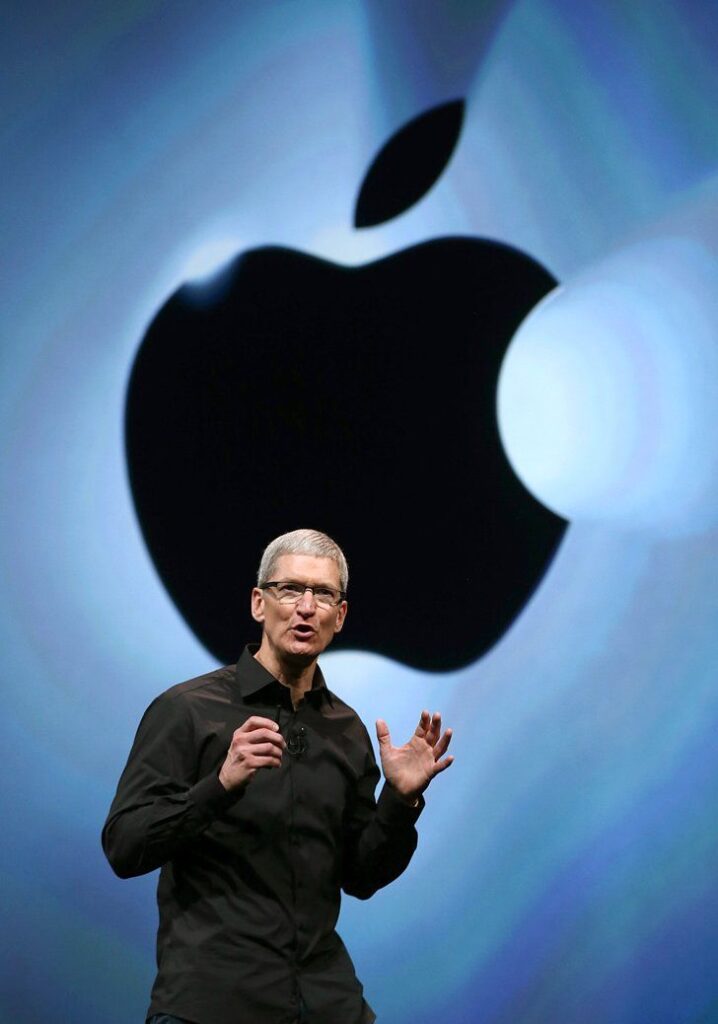Table of Contents
ToggleApple CEO Urges Texas to Drop Child Safety BillApple CEO Urged Texas Governor to Ditch Online Child Safety Bill: A Deep Dive

In a recent development that has stirred debate among tech giants, policymakers, and child safety advocates, Apple CEO Tim Cook reportedly urged Texas Governor Greg Abbott to abandon a proposed online child safety bill. The legislation, aimed at protecting minors from harmful content and exploitation on digital platforms, has faced pushback from major tech companies, including Apple.
This blog post explores the details of the bill, Apple’s stance, the implications for online safety, and the broader debate over balancing privacy, corporate interests, and child protection.
Understanding the Texas Online Child Safety Bill
The proposed Texas legislation, similar to other state-level bills like California’s Age-Appropriate Design Code, seeks to impose stricter regulations on digital platforms to protect children from harmful content, data collection, and online exploitation. Key provisions of the bill may include:
- Age Verification Requirements – Platforms may be required to implement stricter age verification to prevent minors from accessing inappropriate content.
- Content Moderation Rules – Social media companies could be mandated to filter or block harmful material, such as self-harm, eating disorder promotion, or explicit content.
- Limits on Data Collection – Restrictions on how tech companies collect and use data from underage users.
- Parental Controls – Enhanced tools for parents to monitor and restrict their children’s online activity.
Supporters argue that such measures are necessary to combat rising cyberbullying, mental health issues linked to social media, and online predation. However, critics, including major tech firms, claim these regulations could infringe on privacy, stifle innovation, and create compliance challenges.
Apple’s Opposition: Why Did Tim Cook Intervene?
According to reports, Apple CEO Tim Cook personally lobbied Governor Abbott to oppose the bill. While Apple has positioned itself as a leader in user privacy and security (e.g., with features like App Tracking Transparency), its resistance to this legislation raises questions.
Possible Reasons Behind Apple’s Stance:
- Privacy Concerns – Apple has long championed end-to-end encryption and user privacy. The bill’s age verification requirements might force weaker security measures, such as uploading government IDs, which Apple opposes.
- App Store Implications – If the bill holds platforms accountable for harmful content, Apple (as the gatekeeper of the App Store) could face increased liability for third-party apps.
- Business Interests – Stricter regulations could impact Apple’s partnerships with social media companies and its own services like iMessage and FaceTime.
- Precedent Setting – Apple may fear that if Texas passes this law, other states could follow with even stricter rules, complicating compliance nationwide.
Cook’s Reported Argument:
Sources suggest Cook emphasized that the bill could:
- Undermine encryption, making users (including children) more vulnerable to hacking.
- Force companies to weaken privacy protections in ways that could be exploited by bad actors.
- Create legal risks for tech firms without effectively improving child safety.
The Broader Debate: Child Safety vs. Privacy & Innovation
This situation highlights a growing tension between:
Pro-Regulation Perspective:
- Protecting Vulnerable Users: Children are increasingly exposed to harmful content, cyberbullying, and predators online. Regulation is necessary to hold platforms accountable.
- Preventing Exploitation: Without strict rules, tech companies may prioritize engagement over safety, as seen in cases like Meta’s Instagram and teen mental health concerns.
- Global Precedents: Laws like the UK’s Online Safety Act and the EU’s Digital Services Act show that stricter regulations are becoming the norm.
Anti-Regulation Perspective:
- Privacy Risks: Mandatory age verification could lead to mass data collection, increasing identity theft risks.
- Overreach Concerns: Government mandates on content moderation may lead to censorship or inconsistent enforcement.
- Innovation Barriers: Startups and smaller tech firms may struggle with compliance costs, entrenching Big Tech’s dominance.
Potential Consequences if the Bill Is Scrapped
If Apple and other tech lobbyists succeed in stopping the bill:
- Continued Gaps in Child Protection – Without stricter rules, platforms may remain slow to address harmful content affecting minors.
- Increased Pressure on Federal Legislation – If states fail to act, the U.S. may see renewed pushes for a national online safety law.
- Public Backlash Against Tech Giants – Companies like Apple could face criticism for prioritizing profits over child welfare.
Alternatively, if the bill passes despite opposition:
- Tech companies may need to redesign features to comply, potentially affecting all users.
- Legal battles could ensue over First Amendment and privacy issues.
Where Should the Line Be Drawn?
The reported intervention by Apple’s CEO underscores the delicate balance between protecting children online and preserving digital privacy and innovation. While child safety is a universal priority, the methods to achieve it remain hotly contested.
Key Takeaways:
- Tech giants like Apple are willing to flex lobbying muscle to shape policy.
- Age verification and content moderation laws pose real privacy trade-offs.
- The debate is far from over, with more states and countries considering similar laws.





